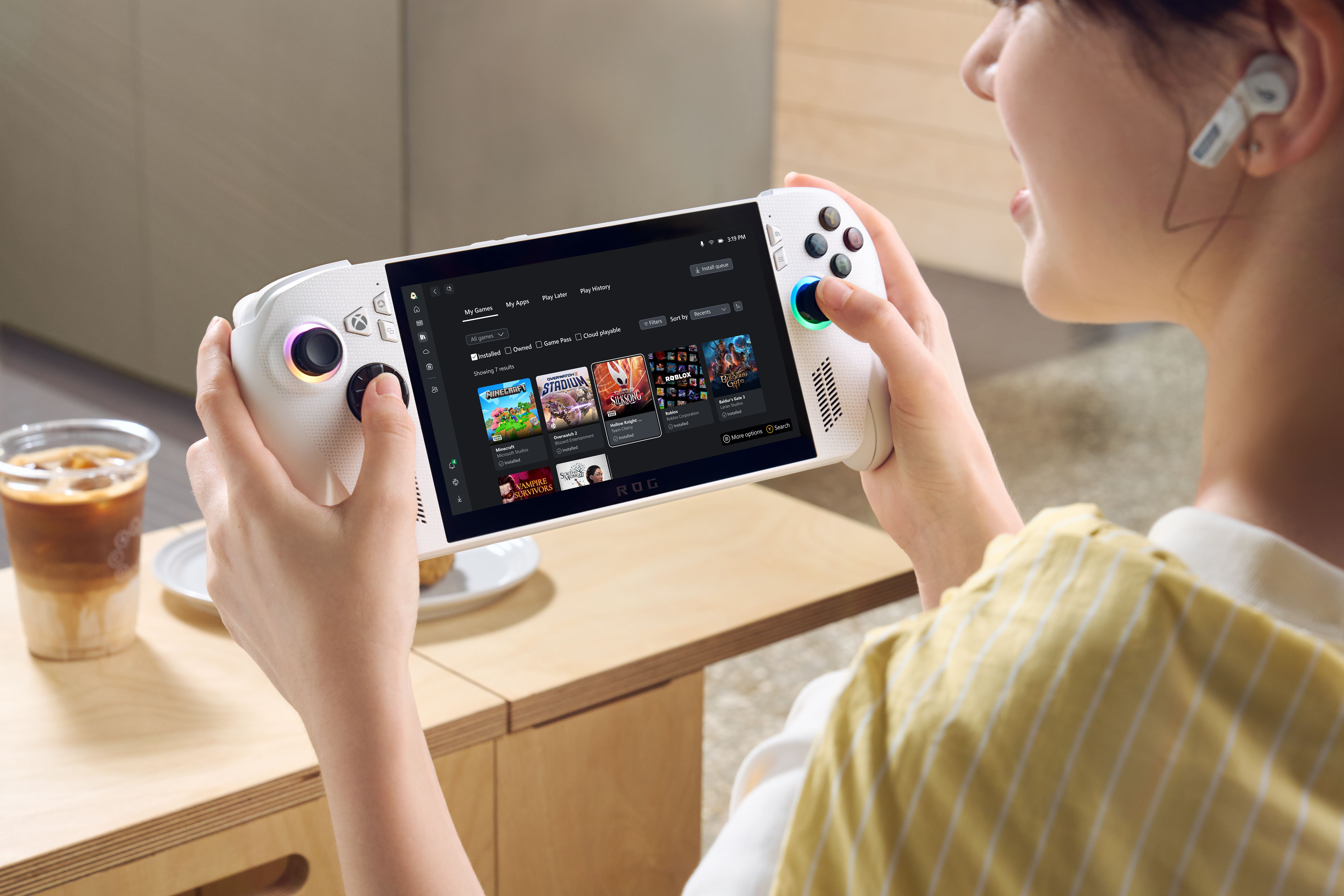The Voice Interoperability Initiative lets Cortana live without its own hardware
Digital assistants of the world, unite!
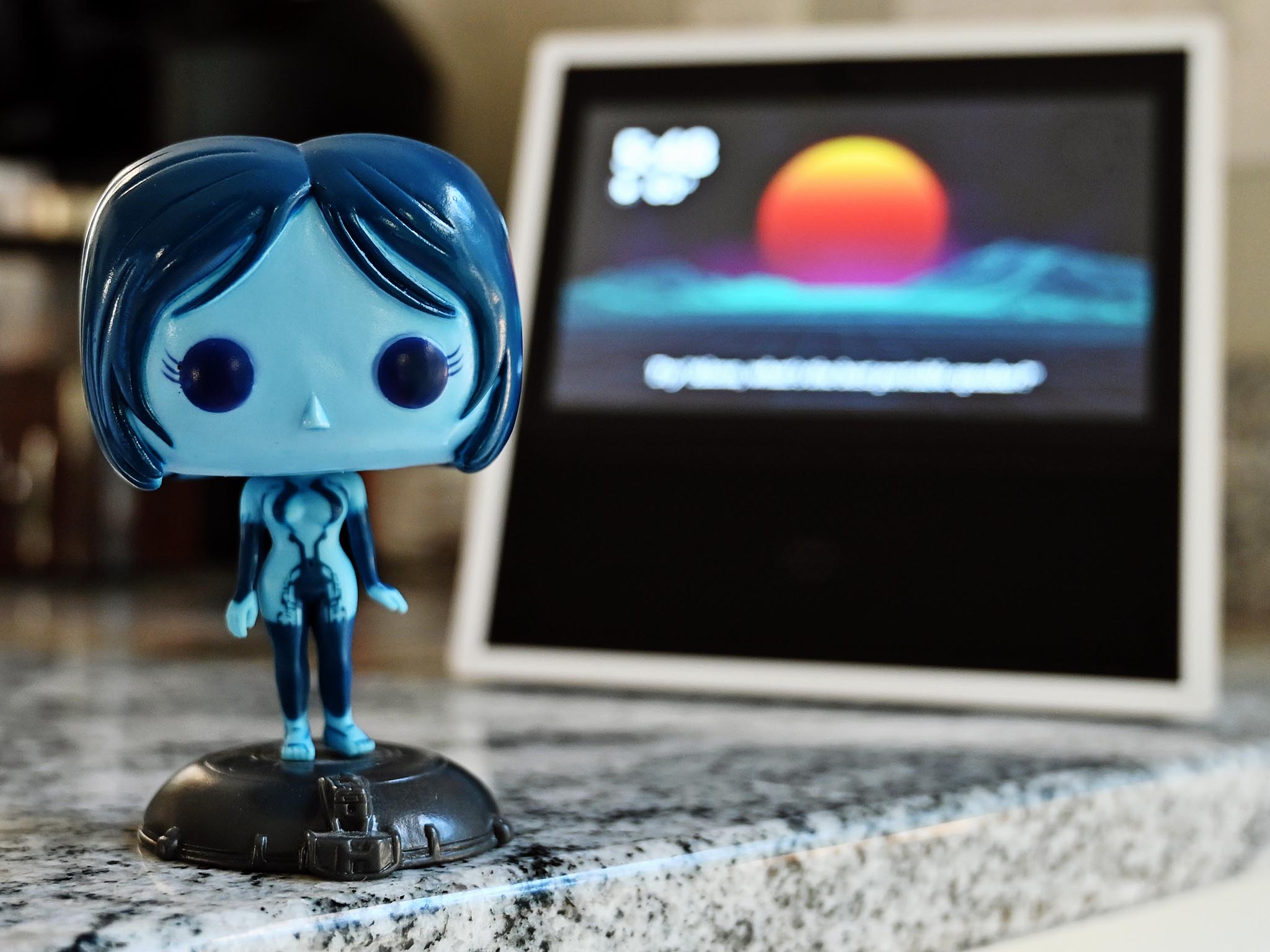
All the latest news, reviews, and guides for Windows and Xbox diehards.
You are now subscribed
Your newsletter sign-up was successful
Microsoft missed the wave of smart home speakers despite its late entry with the Harman Kardon Invoke. Microsoft CEO Satya Nadella admitted as much nine months ago, reiterating the need for Cortana to complement Alexa and Google rather than compete directly.
The recently-announced Voice Interoperability Initiative looks to be an extension of the Amazon-Microsoft digital assistant partnership, inviting Salesforce, Sonos, Sony Audio Group, Spotify, Verizon, Orange, and Qualcomm to the table to all work together on voice-enabled devices and services.
The move is the right one and merely a continuation of Microsoft's efforts to redefine Cortana in a Windows Phone-less world. It's also good for consumers and the push for AI.
Interoperability is key to the future (and it always is)
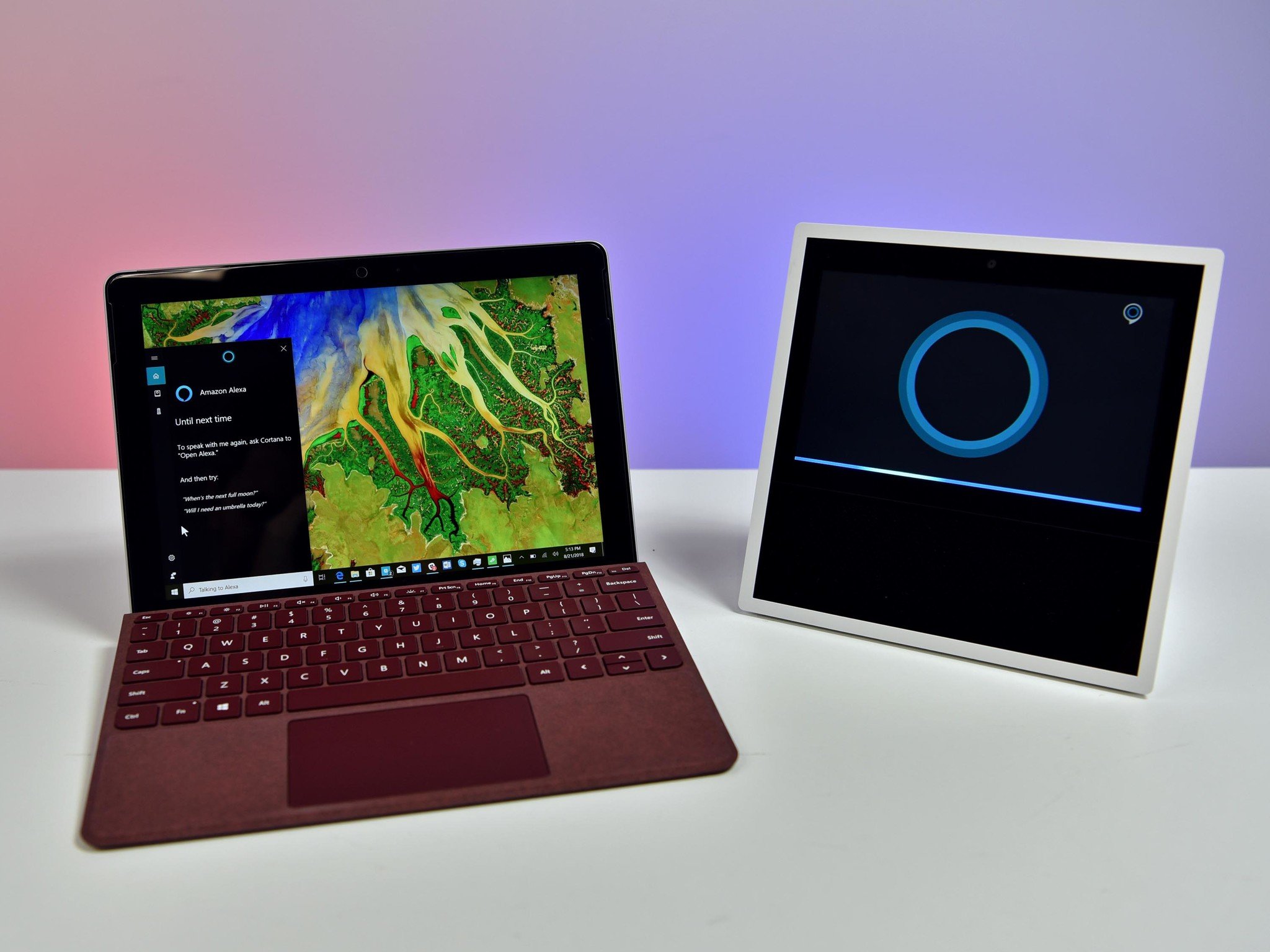
Microsoft has been pushing Cortana as an extension for Office 365 for the last year. The concept is simple: Cortana has access to Outlook, Word, LinkedIn, Microsoft Edge, To Do, OneNote, and other productivity-focused skills that only Microsoft can deliver. What Microsoft is not good at is all the smart home stuff that Google and Amazon are now dominating.
The same problem exists for Google and Amazon, but in reverse. Those companies (primarily Amazon) have no access to the business world or even what's on your PC. They can't help with emails, Exchange, LinkedIn, or anything that is done on Windows 10. Those voice assistants exist mostly in a consumer-siloed space either on your smartphone (Google) or your kitchen (Amazon).
The world that Microsoft sees (and wants) is not one where a single voice-assistant does everything, everywhere. Google may want that, but it means that consumers and businesses would have to surrender a ton of data to one company. There's also no clear path for Google to extend its reach into enterprise as it has almost no serious reach in the business world. The same goes for Apple, Amazon, and Samsung.
For Microsoft, the ideal smart AI world is one where "agents" from various companies talk to each other. That's the idea behind the Voice Interoperability Initiative. In the press release about the project, Amazon spelled out the goals:
All the latest news, reviews, and guides for Windows and Xbox diehards.
- Developing voice services that can work seamlessly with others while protecting the privacy and security of customers
- Building voice-enabled devices that promote choice and flexibility through multiple, simultaneous wake words
- Releasing technologies and solutions that make it easier to integrate multiple voice services on a single product
- Accelerating machine learning and conversational AI research to improve the breadth, quality, and interoperability of voice services
The grand idea is for these systems to have simultaneous wake words. As the press release notes:
The initiative is built around a shared belief that voice services should work seamlessly alongside one another on a single device and that voice-enabled products should be designed to support multiple simultaneous wake words.
If such a project works it means Cortana on Windows 10 can not only call up Alexa but any other digital assistants that are participating. Moreover, it removes the current cumbersome tasks of first waking the primary assistant to ask for the secondary one. This approach would have a neutralizing effect on the hardware as the speakers around us all effectively become voice vessels for the world.
Smart speakers just become hardware
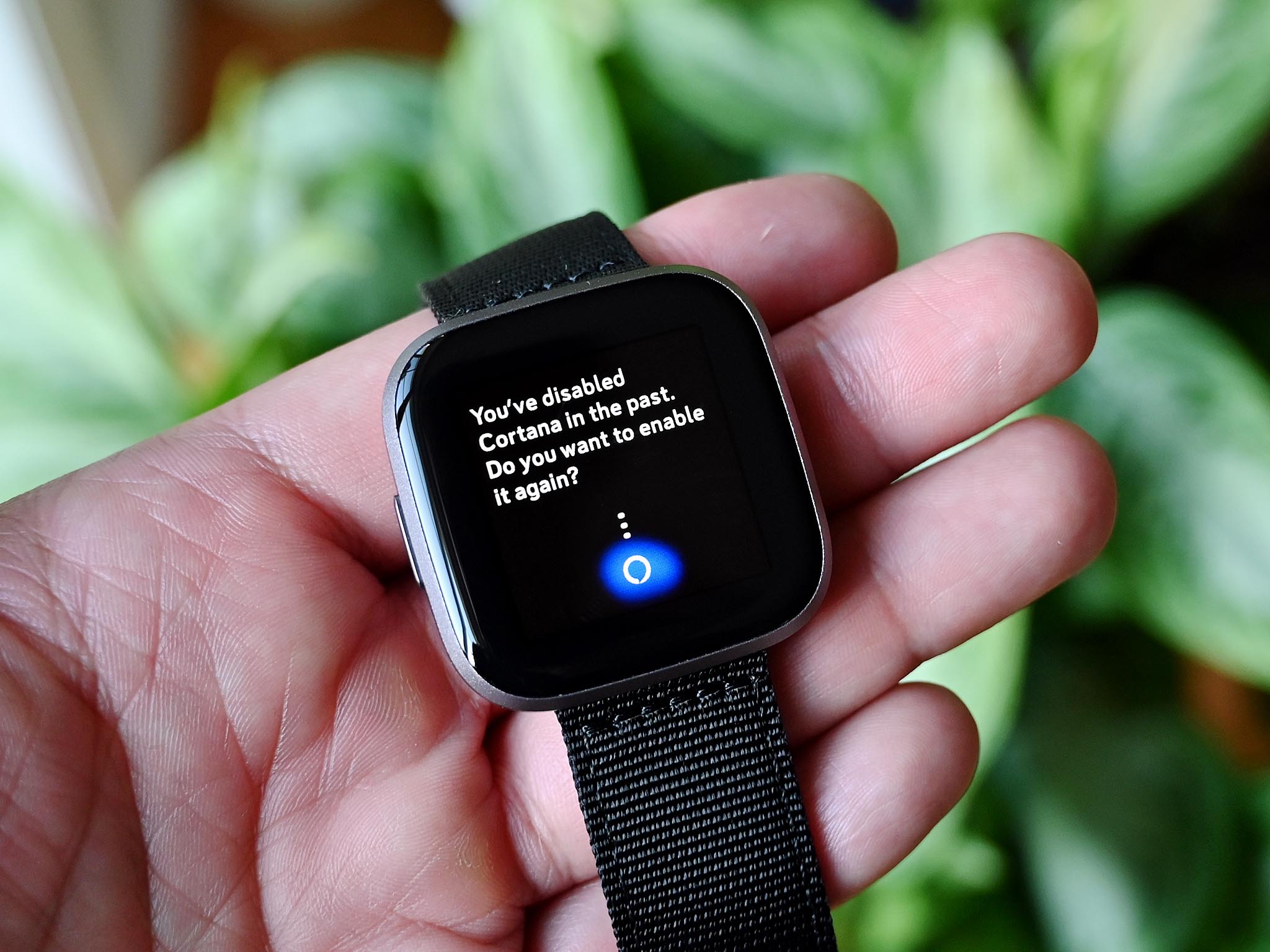
For Microsoft, the beauty here should be apparent: The Invoke speaker and GLAS thermostat were market failures. With this initiative, Microsoft no longer needs to take risks in either building hardware or partnering with others only to fail.
This strategy should sound familiar. It's the one behind Windows PCs, where Microsoft lets its OEM partners take 98 percent of the market. Microsoft can then focus on what it does best: software and services.
Surface still exists to "set the bar" and push the industry in specific directions – and with that approach, we may see more Cortana-hardware in the future. But no longer does Microsoft need to worry as much. After all, Microsoft is not a hardware company in the traditional sense.
The new Fitbit Versa 2 features Alexa. Now imagine if Alexa can open Cortana directly on the Versa 2. That's something that could happen. And for Microsoft, it solves a big problem: consumer reach. Should Microsoft create a wearable just for Cortana, or would it be easier to ride on the coattails of Fitbit and Amazon? The answer is obvious.
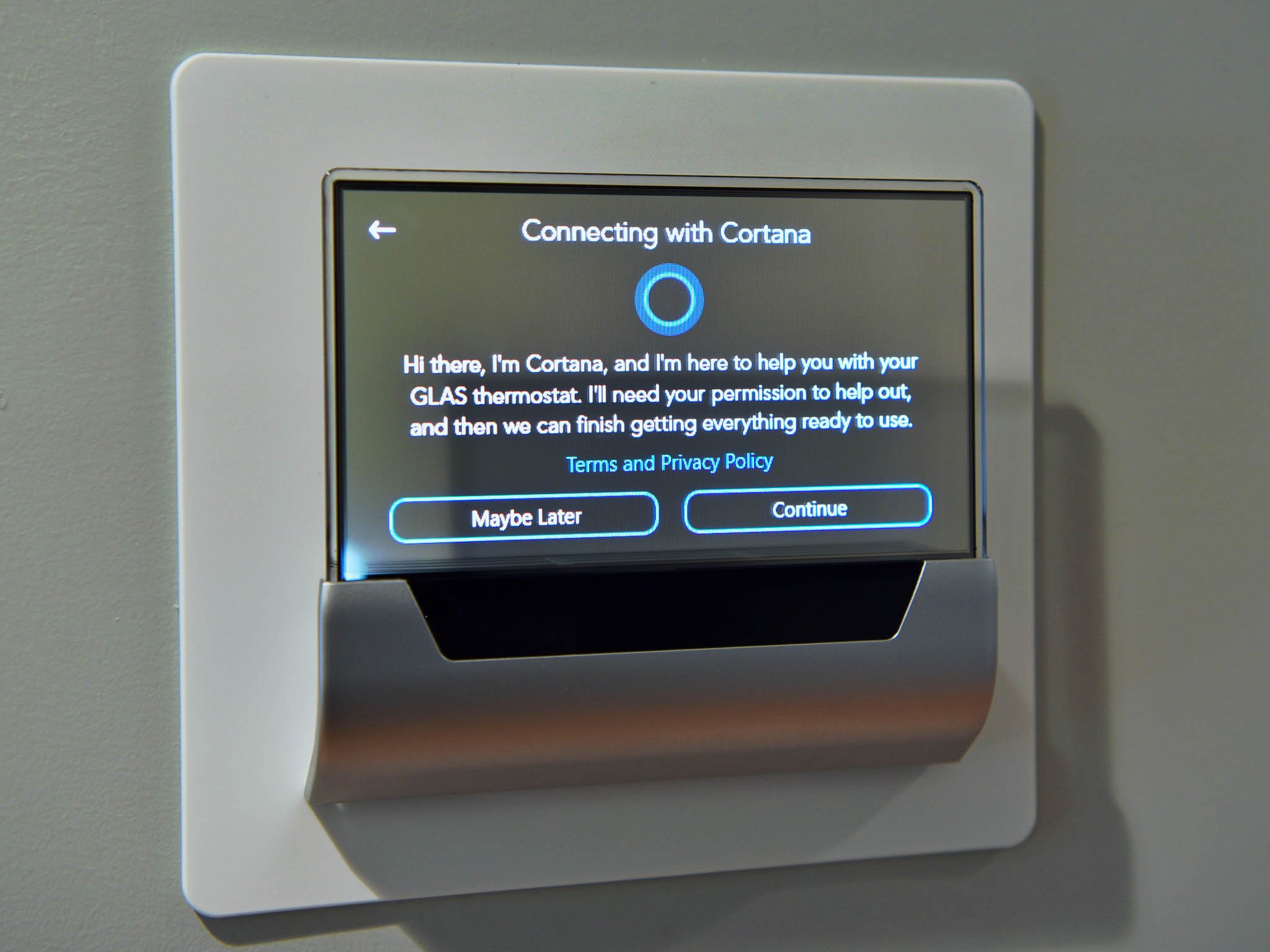
The reverse is true for Surface Headphones. While some may find Cortana useless, imagine if Surface Headphones worked with Amazon's Alexa or Google Assistant. Suddenly, those headphones become a lot more attractive.
Google, Apple, and Samsung are still missing from the Voice Interoperability Initiative at this early stage. Google, for its part, said it did not know about the initiative until recently. That could all change as this consortium begins to come together. Let's hope it does.
The Voice Interoperability Initiative is an excellent example of a nascent industry taking the next step forward. It's also one that will serve consumers the best. Personal information can remain siloed, standards will be adopted, and privacy compliance rules for businesses enforced. And we get a world where digital "agents" are free to flow without barriers.
Microsoft Cortana, and why the future of AI is contextual
Even if you think Cortana doesn't have a future, you have to applaud this effort. When combined with the opening of Cortana on Windows 10 Microsoft and its partners are pushing the industry in the right direction that's best for everyone.

Daniel Rubino is the Editor-in-Chief of Windows Central. He is also the head reviewer, podcast co-host, and lead analyst. He has been covering Microsoft since 2007, when this site was called WMExperts (and later Windows Phone Central). His interests include Windows, laptops, next-gen computing, and wearable tech. He has reviewed laptops for over 10 years and is particularly fond of Qualcomm processors, new form factors, and thin-and-light PCs. Before all this tech stuff, he worked on a Ph.D. in linguistics studying brain and syntax, performed polysomnographs in NYC, and was a motion-picture operator for 17 years.
